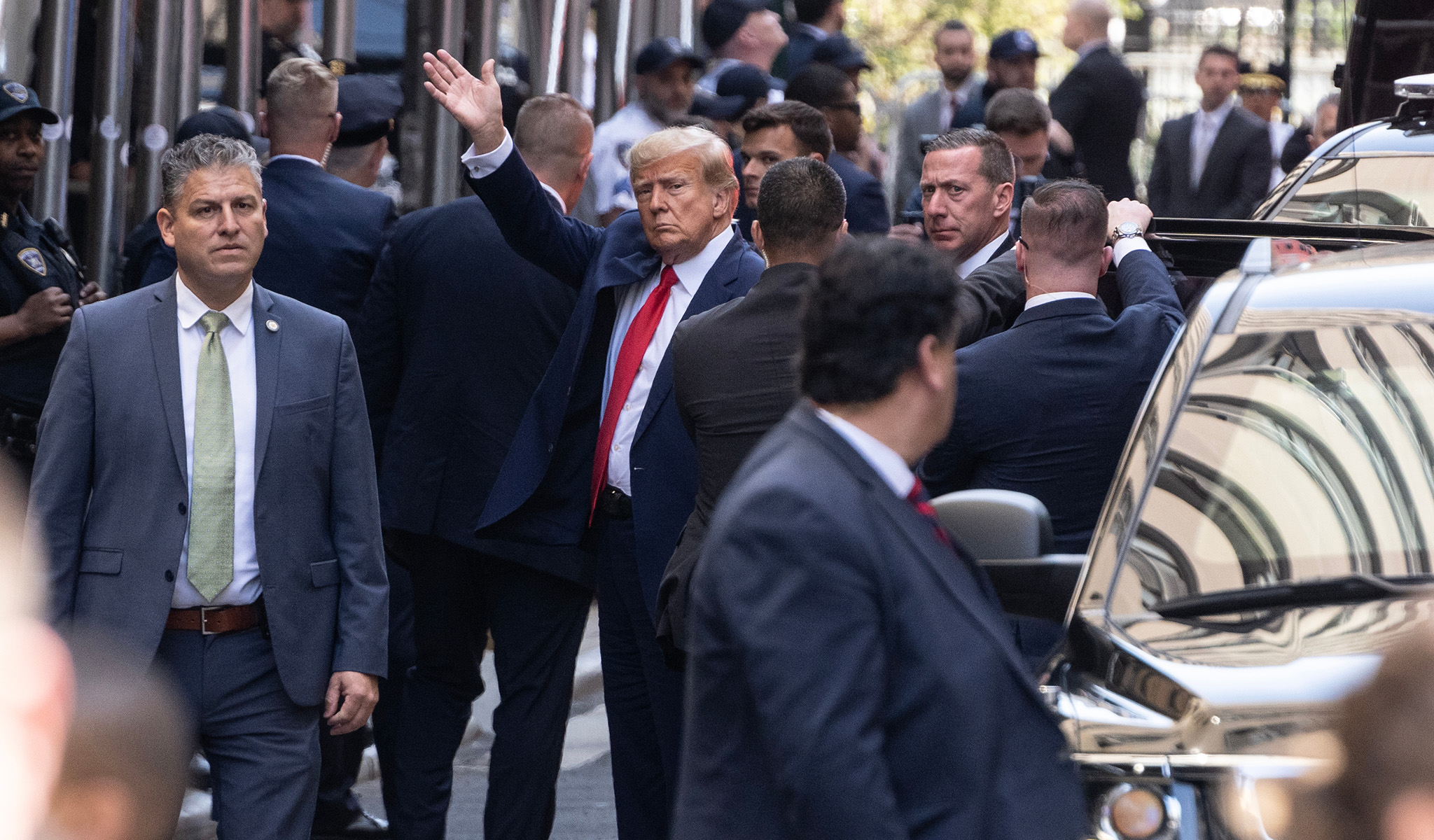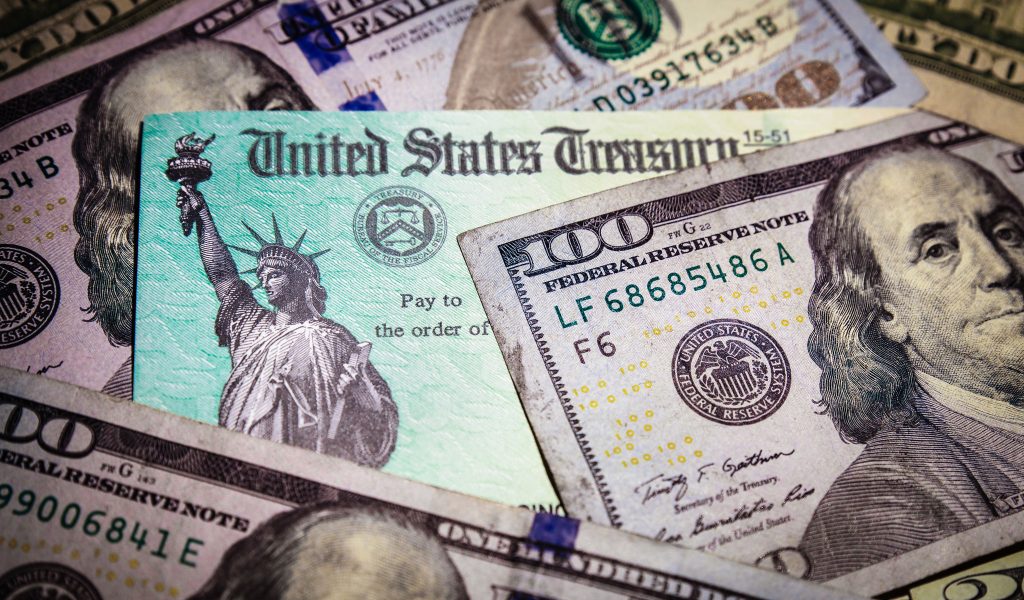“To be clear, that bank executives might have turned a blind eye to Trump’s fraud does not necessarily mean there were no victims. Giving Trump financial products he should not have qualified for ultimately reduced resources available for other, honest borrowers.” Those are the words of Washington Post columnist, Catherine Rampell. If only she would apply her half-right logic to government spending, taxation, or both.
Indeed, in her half-correct critique of Donald Trump’s dealings with banks, Rampell unwittingly happened on the problem with government spending. It doesn’t just happen. Using Rampell’s exact words, government spending can only happen insofar as there are “reduced resources available for other” honest workers, businesses, and entrepreneurs. Unless Rampell thinks government extracts resources from Pluto, then it’s logically true that the good, bad, or realistically horrid of government spending is a certain consequence of others going without.
About this truth, it would seem Rampell gets it while struggling to acknowledge it. How we know this can be found in her relentless cheerleading for more IRS funding so that government can have more money. Rampell imagines that more government revenue will result in less debt (quite the opposite: see all of the U.S.’s budget history), but in calling for a bigger, more effective IRS, Rampell is at least alluding to the reality that governments can only spend insofar as those it taxes have less to spend.
From there, it would be interesting to at least ask Rampell whom she sides with. Applied to Trump, she claims his borrowing against what she imagines were inflated valuations “ultimately reduced resources available for other, honest borrowers.” Will Rampell ever write that taxation means “reduced disposable income available for other, honest workers”? But I digress, sort of. Let’s get back to Trump.
Rampell wants us to believe that Trump tricked Deutsche Bank into lending to him based on inflated valuations. Which is utter nonsense, and Rampell knows why.
Indeed, as evidenced by the fact that he was only borrowing from Deutsche, banks broadly were already wise to Trump’s rather human tendency to see in his holdings what others perhaps did not. Does Rampell seriously believe, or does she want her readers to believe that Deutsche Bank executives didn’t know what every other financial institution across the country already knew?
The answer to the above question can be found in Rampell’s description of how she imagines Trump was able to borrow from Deutsche. In Rampell’s words yet again, “ that bank executives might have turned a blind eye to Trump’s fraud…” The line contradicts itself. If bankers “turned a blind eye to Trump’s fraud” as Rampell indicates she believes, then why would she also believe Trump committed an act of fraud? What Rampell’s very own reasoning implies is that banks, including Deutsche, knew well whom they were dealing with, thus rendering the notion that Trump secured funds through fraudulent valuations utterly laughable. Only for Rampell to want it both ways.
Having made her contradictory case that Trump defrauded Deutsche in the same sentence in which she contends its bankers “might have turned a blind eye,” she writes that “maybe bank executives [her emphasis] were willing to overlook Trump’s fraud, perhaps to reel in their ‘whale’ and get a fat bonus.” Ok, but by Rampell’s very own editorializing Trump wasn’t a whale, and he wasn’t a whale because he’d fraudulently inflated the value of assets he was trying to borrow against. Taking it further, how could loans at lower rates of interest to someone Rampell is pretty certain was defrauding them earn bank “executives” a fat bonus? Naturally Rampell’s not saying.
It’s merely worth pointing out that in a column that revealed a few glaring contradictions running through Rampell’s mind about resources, resource access, and who creates all the resources, Rampell also revealed some contradictions within her feelings about an individual (Trump) whom she plainly despises. While Rampell wants her readers to believe he committed fraud vis-of-vis banks, everything about her column indicates the opposite.
Republished from RealClear Markets







